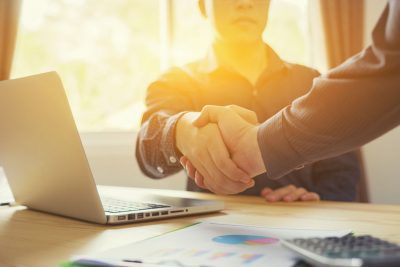When someone names you as the executor of their Will, it’s usually meant as a compliment. It means they trust you to handle things after they’re gone. But what does being an executor actually involve—and what are you agreeing to take on?
Whether you’re preparing your own Will or you’ve been asked to act as executor for someone else, it’s worth knowing what this role really means.
What is an executor?
An executor is the person responsible for carrying out the instructions in a Will after someone passes away. They’re legally in charge of managing the estate—this includes everything from funeral arrangements and paying debts to distributing property to the correct people.
Even if the Will is simple, the job can be complex—especially if there’s no clear paperwork, the assets are varied (like property, business shares, or overseas accounts), or there’s conflict between family members.
Key responsibilities of an executor
Here’s a look at what an executor is expected to do in New Zealand:
1. Locate the Will and register the death
You’ll need to find the most recent valid Will and arrange for the death to be officially registered. This is a legal requirement before you can proceed with most estate tasks.
2. Arrange the funeral (if needed)
Sometimes this is handled by family, but if you’re executor, you may be responsible for making funeral arrangements in line with the person’s wishes and available funds.
3. Secure property and belongings
One of your first tasks is to protect the estate. That might mean locking up a home, insuring assets, and keeping a record of what’s there.
4. Apply for probate (if required)
Probate is the process of getting the Will officially recognised by the High Court. It’s not always required—but if it is, it must be granted before you can access the estate assets.
5. Pay debts and close accounts
This includes identifying any debts, paying off loans and bills, notifying banks and government agencies, and filing final tax returns.
6. Distribute the estate
Once debts and expenses are sorted, you’ll distribute the remaining assets according to the Will. This includes transferring ownership of property, closing bank accounts, and sometimes setting up ongoing trusts or payments.
7. Keep clear records and communicate
You’re expected to act in the best interests of the estate and keep good records of what you’ve done. Beneficiaries are entitled to know what’s happening and receive a full account at the end.
Do executors get paid?
If you’re also a beneficiary, you usually don’t get paid separately for acting as executor unless the Will includes a clause allowing for payment. Professional executors—like lawyers or trust companies—often charge a fee. Either way, you’re entitled to reimbursement for reasonable expenses.
Do you have to do it all yourself?
No—and you probably shouldn’t. Being an executor comes with personal legal responsibility. You can get advice and support at every stage.
At Regent Law, we offer two flexible options to help executors:
-
Full-service estate administration – We take care of the legal and practical steps for you, from probate to distribution, so you can focus on your family.
-
Guided DIY support – Ideal for smaller or straightforward estates. You stay in control, with expert help when you need it, and the option to pay monthly while you work through the process.
Not sure which option is right for you?
Get in touch for a free 15-minute call and we’ll help you figure out the best way forward.
📞 Book an appointment or call-back
📩 Or email us at [email protected]
You don’t have to do this alone. We’re here to help.







Leave A Comment